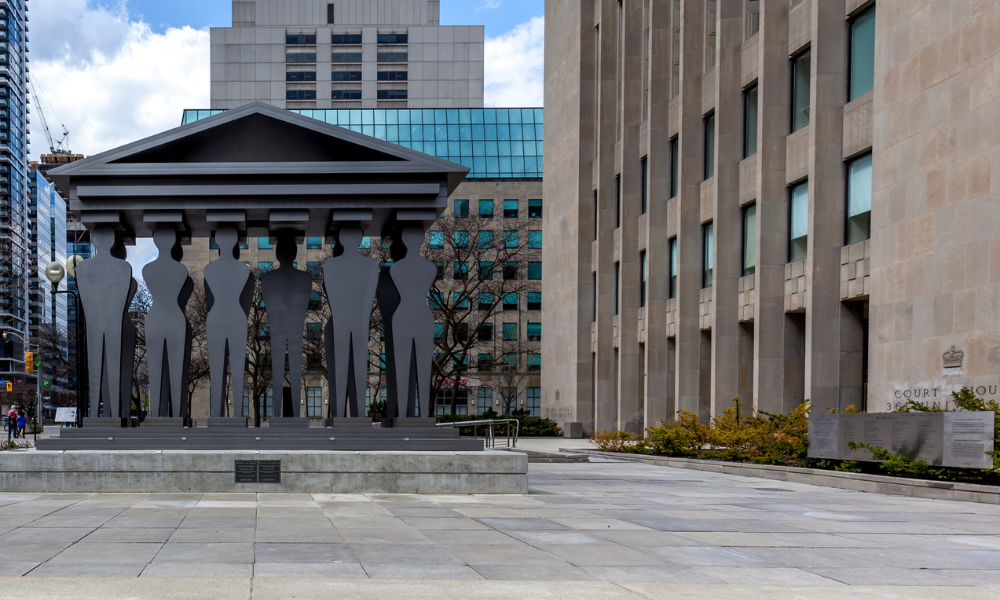
Memory loss and the suspicious nature of the transfers undermined the claim that they were gifts

The Ontario Superior Court voided two of three financial transfers from an elderly father to his son, citing insufficient evidence to rebut the presumption of a resulting trust, but upheld a $500,000 gift supported by corroborative evidence of the father's intention.
Lorne MacRae, who passed away in 2017 at the age of 87, transferred significant amounts of money to his son, Bruce MacRae, between 2015 and 2017, during which time his mental health was deteriorating due to dementia. The funds in question included a $98,000 cheque, $500,000 from a CIBC Wood Gundy investment account, and $178,000 transferred through 89 separate e-transfers. MacRae's daughter, Patricia, challenged the transactions, claiming they were not legitimate gifts but were subject to a resulting trust. She also alleged that her brother had exercised undue influence over their father.
In its decision, the Superior Court examined whether the transfers were intended as gifts and whether the presumption of undue influence applied, given the father’s vulnerability due to dementia. The court ruled that the $500,000 transfer from Lorne’s investment account was a valid inter vivos gift. This conclusion was supported by a "Gift Letter," which clearly stated Lorne's intent to give the funds to Bruce to help purchase a property. John Murphy, Lorne’s investment advisor, provided corroborating testimony that Lorne was lucid and capable of making the decision to transfer the funds at the time. The court found no evidence of undue influence in this transaction, noting that Lorne was still largely independent and had asserted his will during the process.
However, the court ruled that the $98,000 cheque and the $178,000 in e-transfers were not valid gifts. Bruce had testified that part of the $98,000 was intended to help with home renovations and that the remainder was for his son, Branson. However, the court found inconsistencies in his testimony, and there was no corroborating evidence to prove that Lorne intended the full amount as a gift. The presumption of a resulting trust was not rebutted, and Bruce was ordered to return the $98,000 to the estate.
Similarly, the $178,000 transferred through 89 e-transfers between September 2016 and March 2017, a period when Lorne’s cognitive decline had worsened, was not considered a valid gift. The court found that Lorne’s memory loss and the suspicious nature of the e-transfers, which were made at random intervals, undermined Bruce’s claim that they were gifts.
Ultimately, the court required Bruce to return the $98,000 and the remainder of the $178,000. However, it upheld the validity of the $500,000 gift based on clear corroborative evidence of Lorne’s intention.